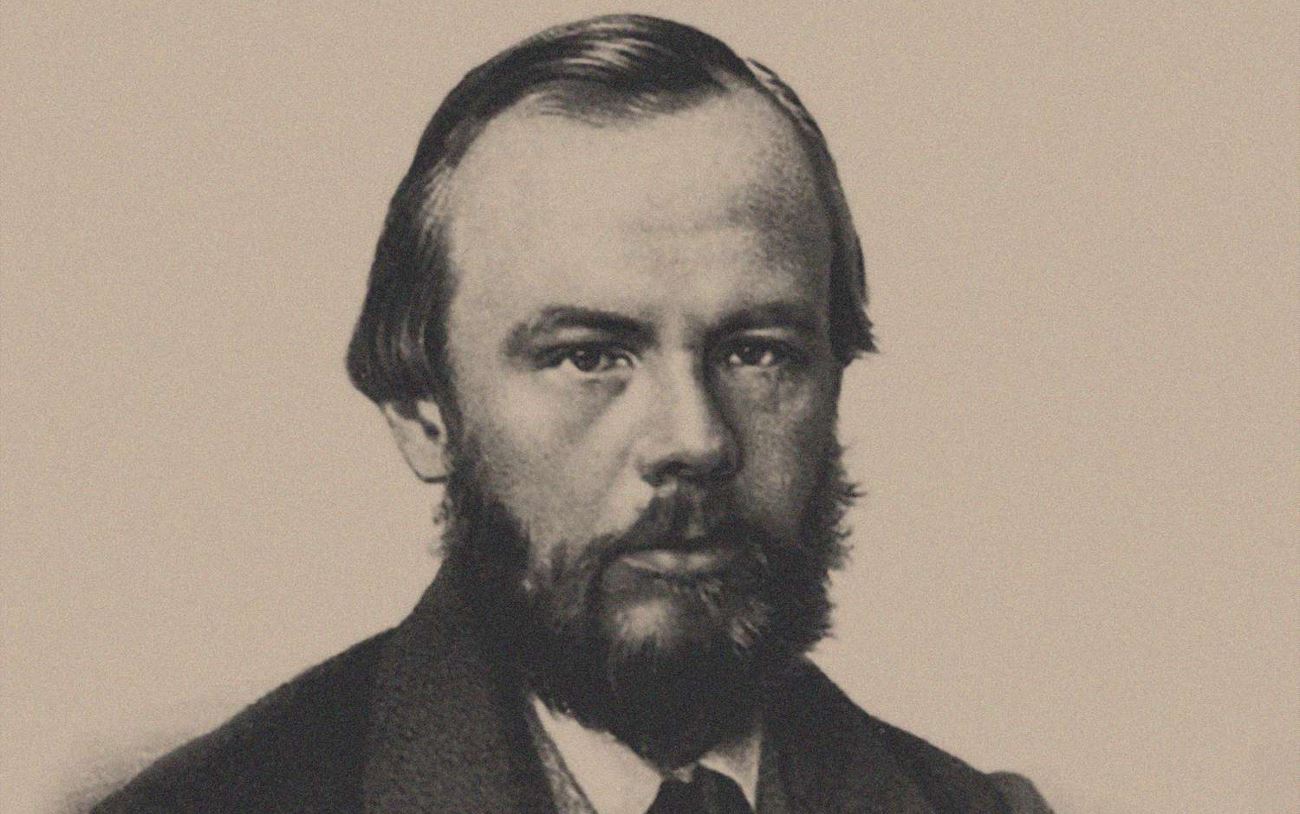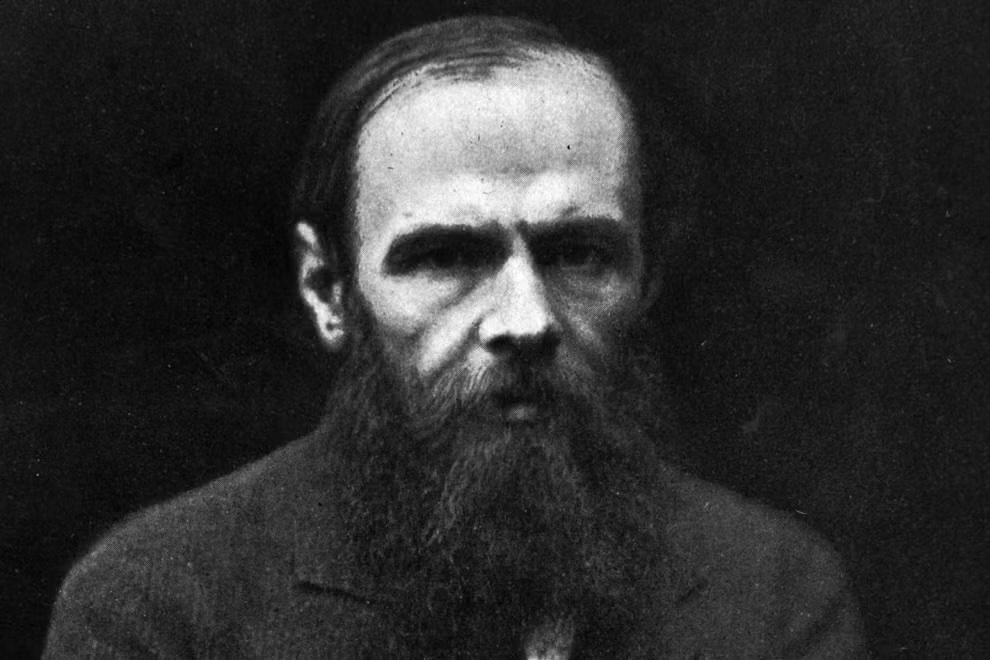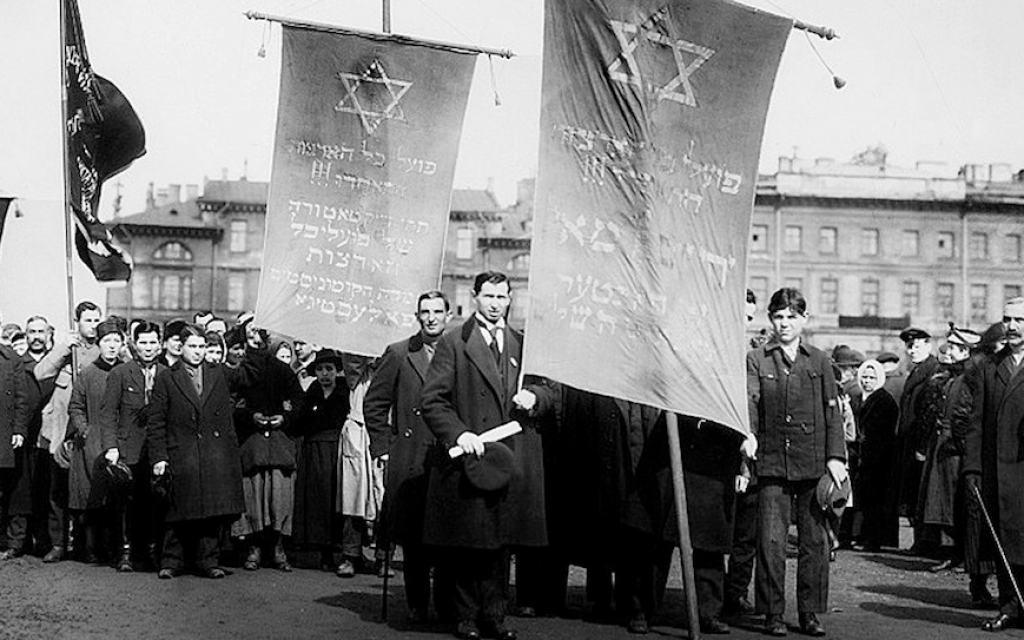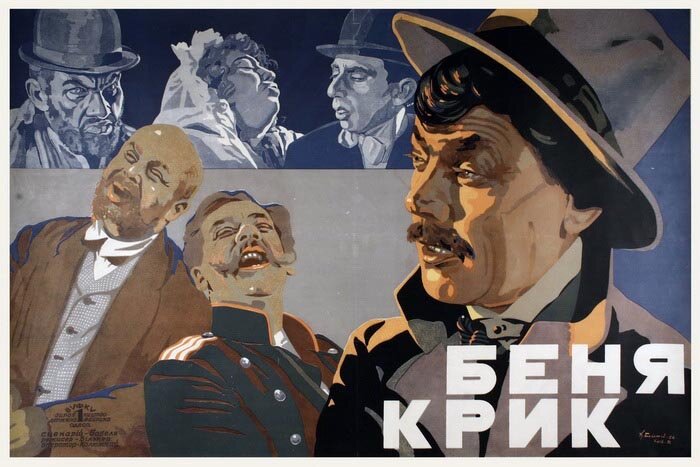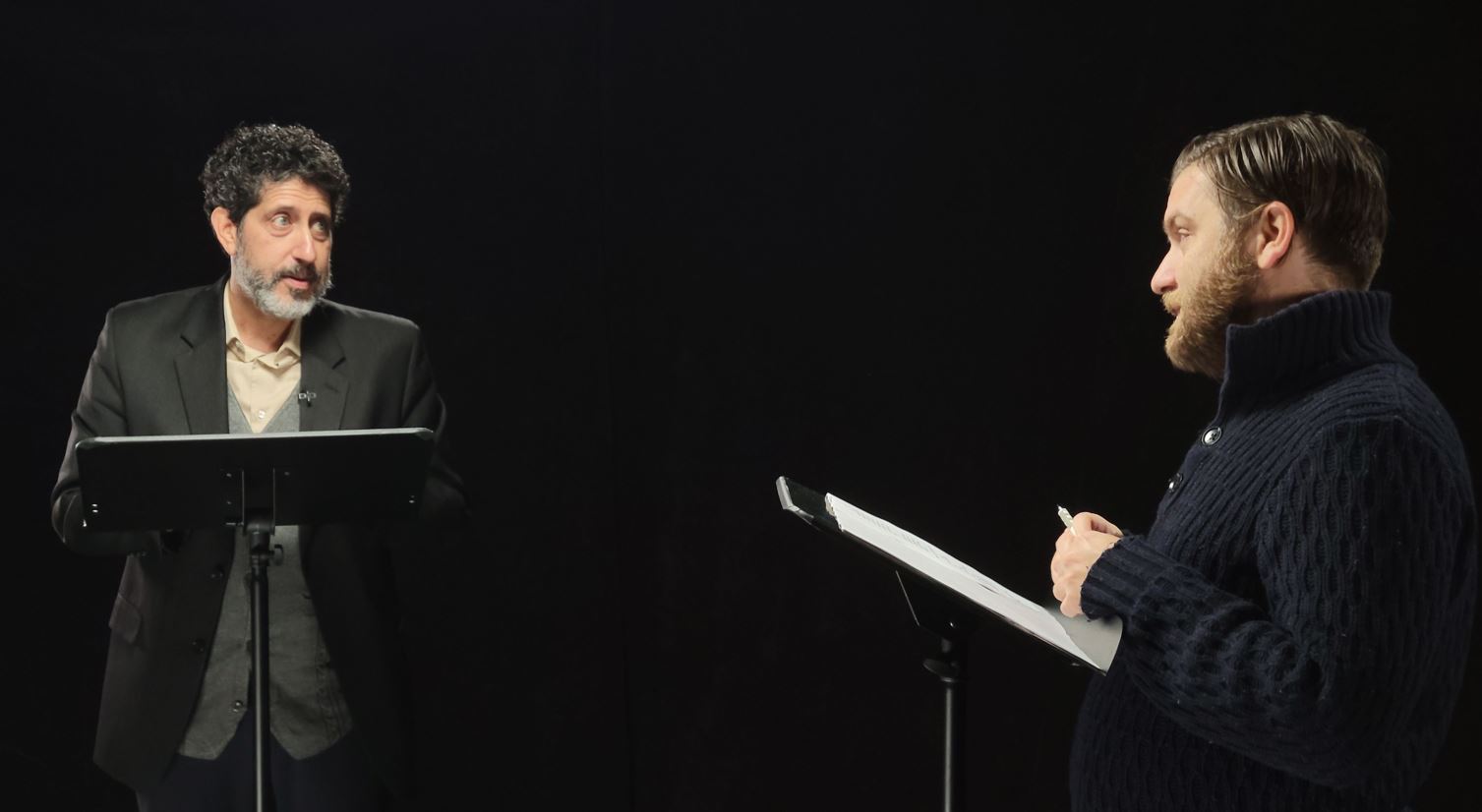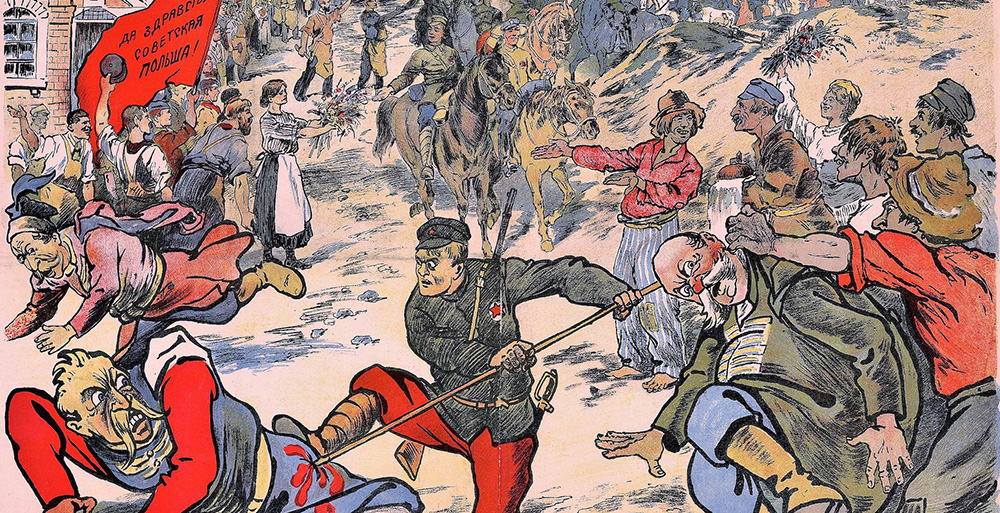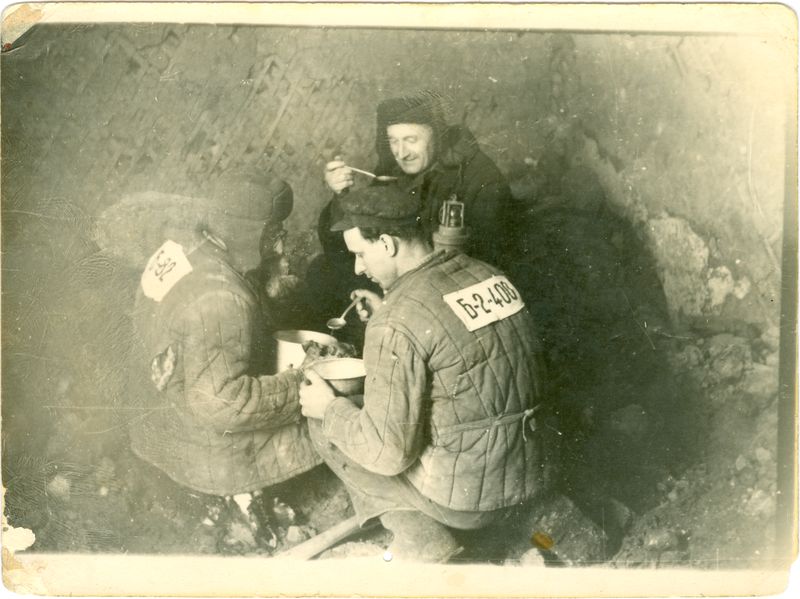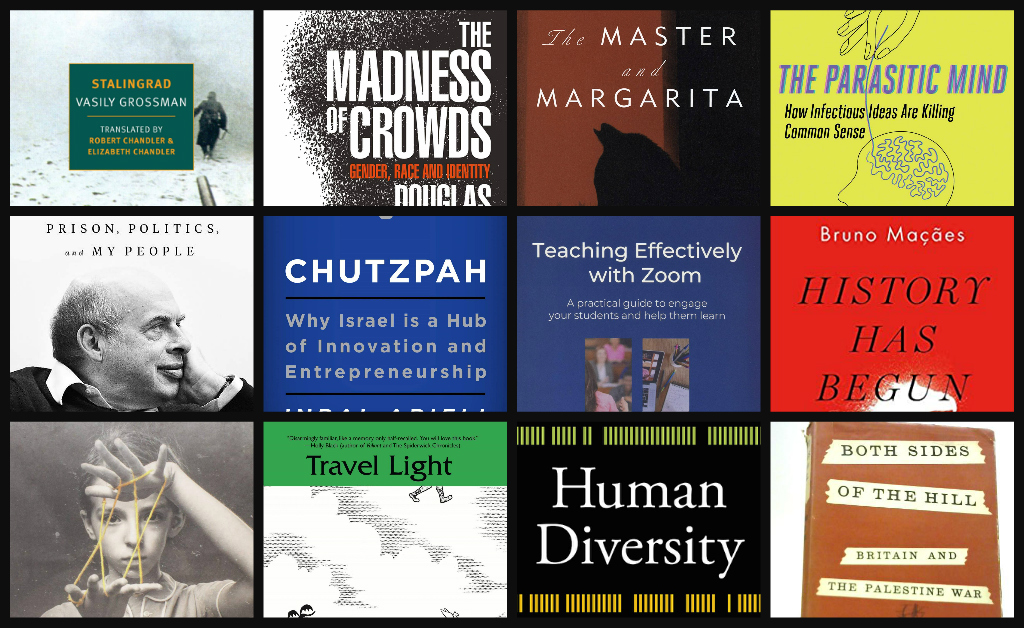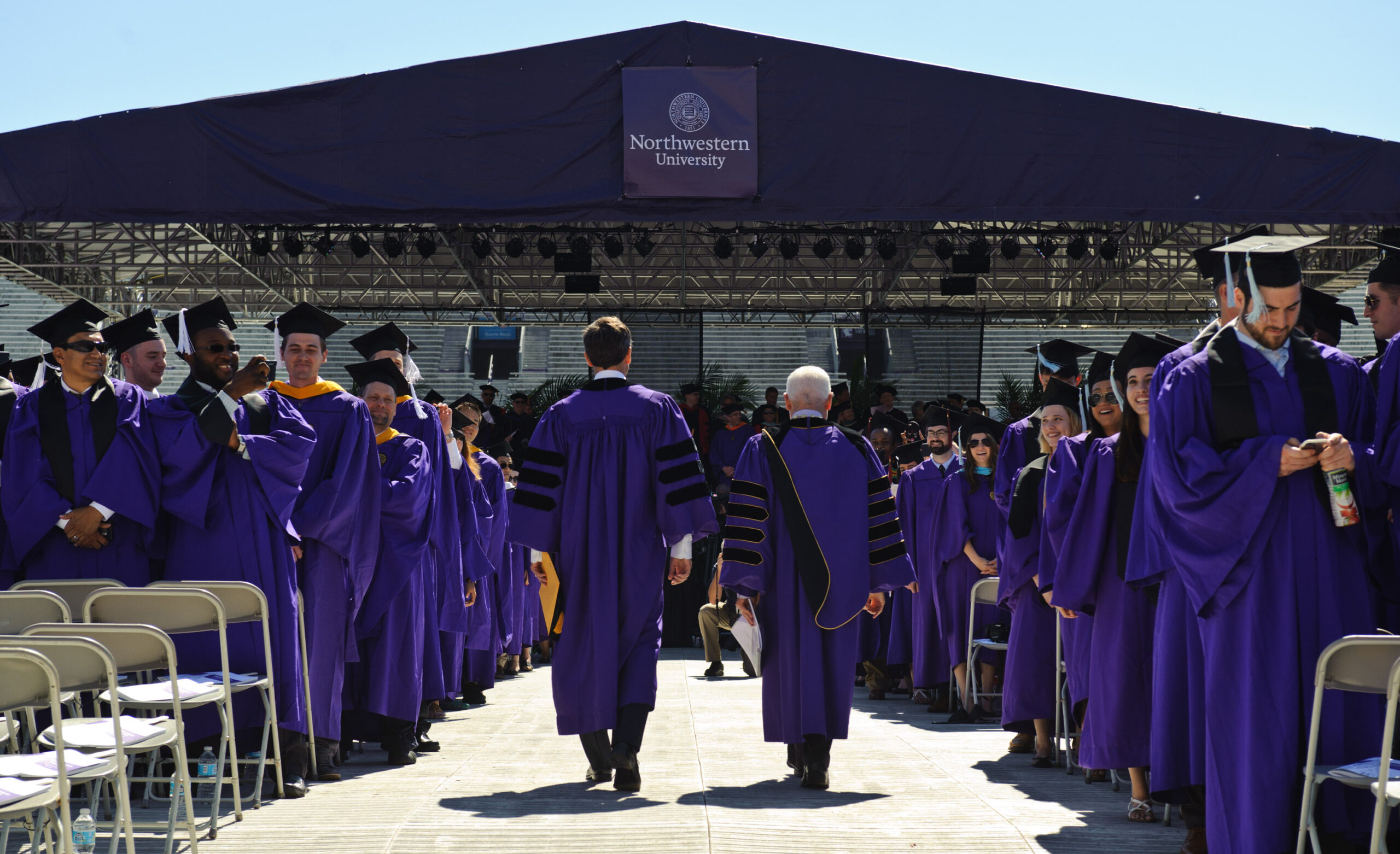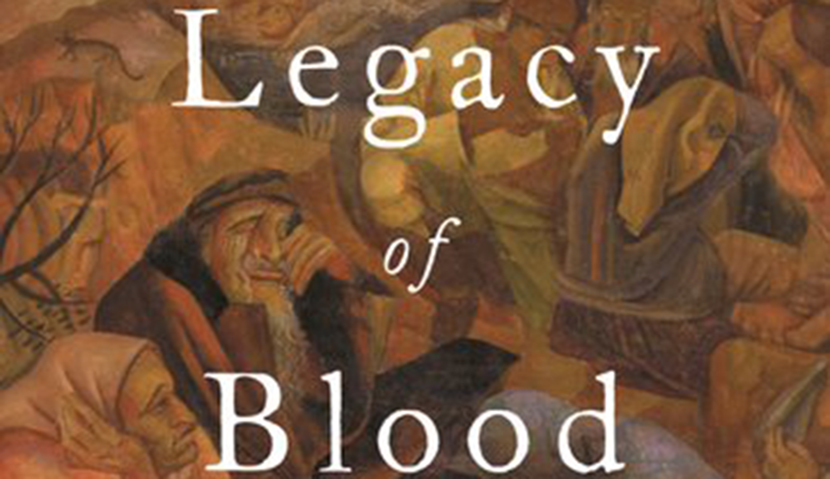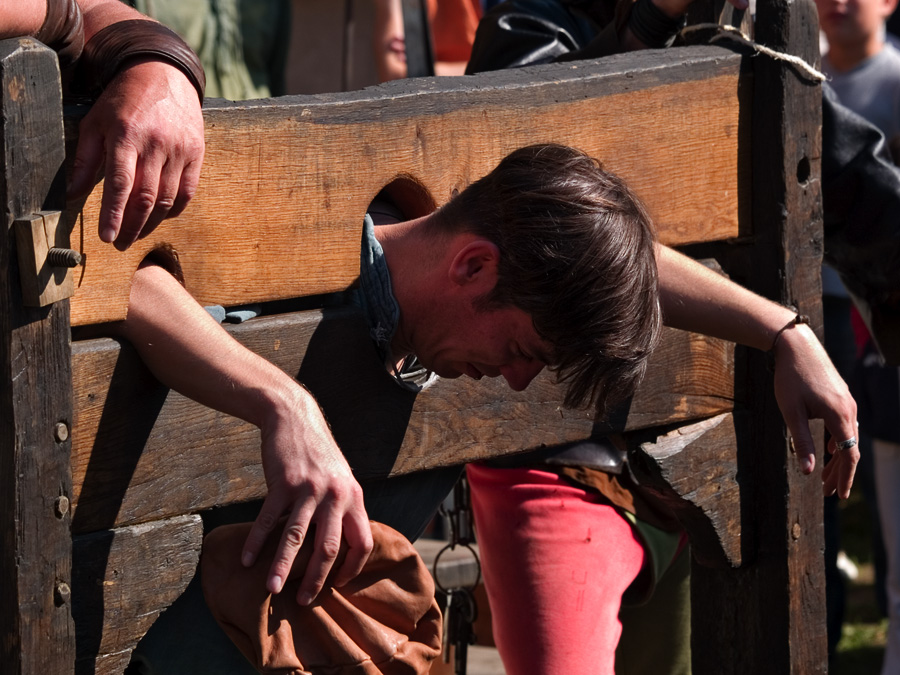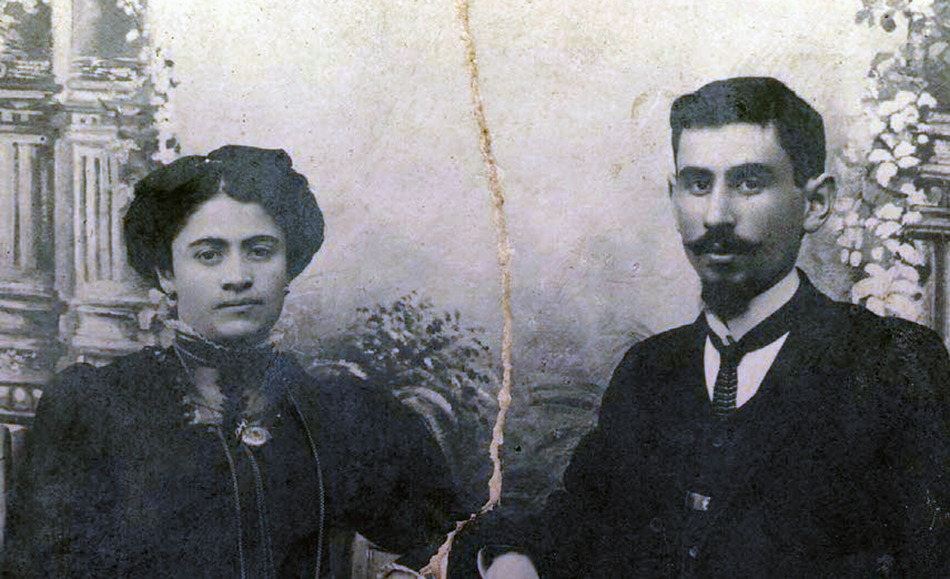Gary Saul Morson
Gary Saul Morson is the Lawrence B. Dumas professor of the arts and humanities at Northwestern University and the author of, among other books, Anna Karenina in Our Time (Yale).
Watch Gary Saul Morson and Jacob Howland Discuss the Dostoevsky Problem
Two leading scholars joined Mosaic‘s editor to look at why compassionate people, like the brilliant Russian author, can so often hate the Jews.
The Jews Who Guard Dostoevsky
Many Dostoevsky scholars have been Jews, perhaps because the anti-Semitic writer needed to be seen as theirs—as almost Jewish in his concerns.
Why Dostoevsky Loved Humanity and Hated the Jews
The case of the literary master helps explain why people who devote themselves to compassion for all so often make an exception for Jews.
How the Jews of Russia Were Made Into the Jews of the Soviet Union
Jews were expected to transform their shtetl values, religious traditions, and bourgeois attitudes into muscular exemplars of humanity’s ideal, the New Soviet Man.
Isaac Babel's Odessa Tricksters
The great Jewish writer evoked a city—now under threat from Russia’s armies—with a character of its own that has entered into folklore, literature, and the popular imagination.
Watch Mosaic's Dramatic Reading of Isaac Babel’s “Red Cavalry”
Watch our recording of the classic Russian Jewish stories. Then stick around for the discussion with Natan Sharansky, Ruth Wisse, and Gary Saul Morson.
Isaac Babel's Guide to Life and Death
The great Russian Jewish writer was caught between revolution and daily life, Bolsheviks and Jews, a desire to kill and an inability to pull the trigger. Did he ever choose?
Hunger Dreams in the USSR
A newly translated memoir of the gulag should (but probably won’t) remind those who still flirt with Communism what exactly they’re endorsing.
The Best Books of 2020, Chosen by Mosaic Authors (Part III)
Five more of our regular writers pick several favorites each, featuring Stalingrad, the master, Margarita, parasitic minds, infectious ideas, dust, heaven, Zoom, traveling light, and more.
The Trouble at Northwestern
I just wrote a book about new fundamentalisms with the university’s much-loved Jewish president. Now one of those fundamentalisms, aided by its Jewish exponents, is coming for him.
In Russia, Anti-Semitism Has Long Been the Opiate of the Intellectuals
Even though the author tries to downplay it, a new book shows how deeply rooted anti-Semitism was in Soviet ideology.
Podcast: Gary Saul Morson on the New "Leninthink"
The humanities professor joins us to talk about “cancel culture” and the many new varieties of online shaming.
Two Russian-Jewish Women of Distinction, and Their Distinctive Diaries
The women’s self-recorded experiences are utterly disparate, but both offer a potent antidote to any sentimental nostalgia for life in the age of Sholom Aleichem.
